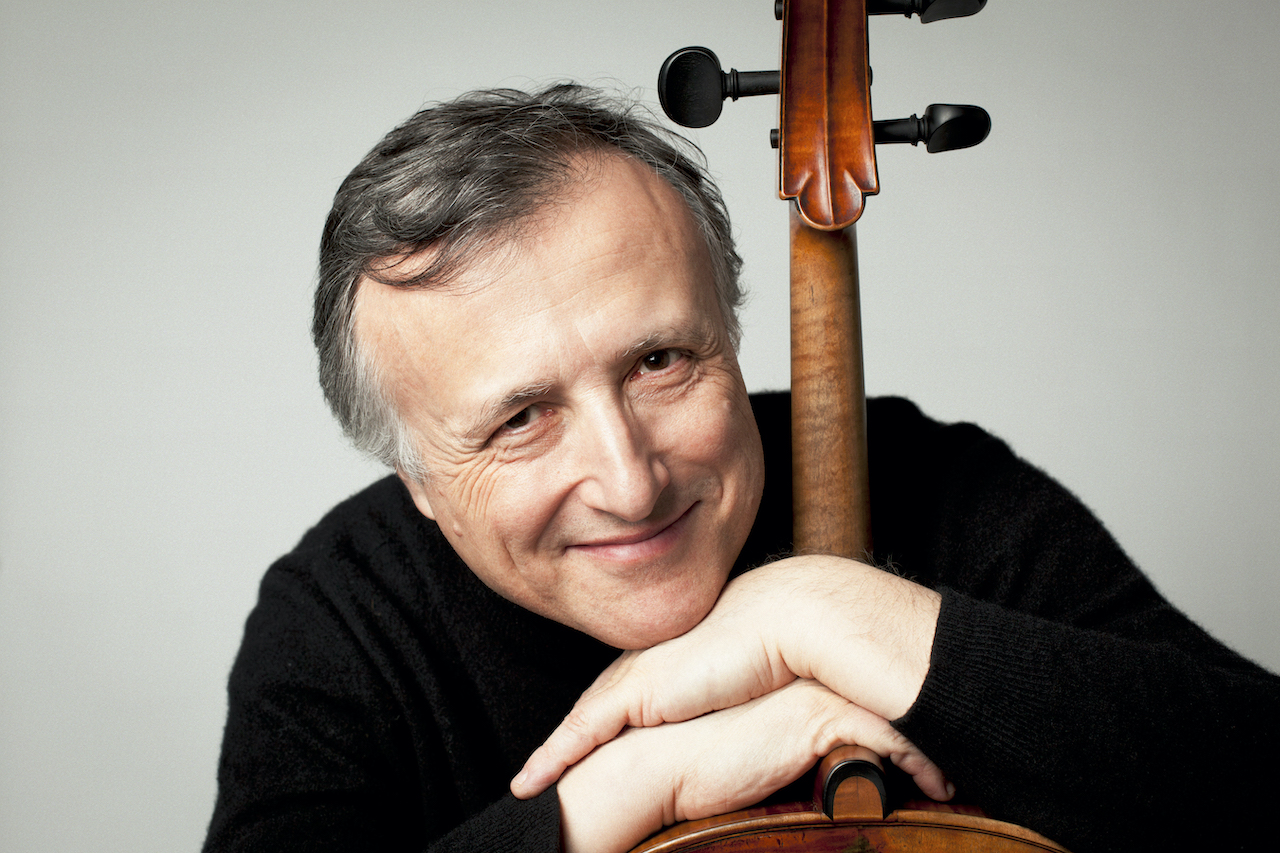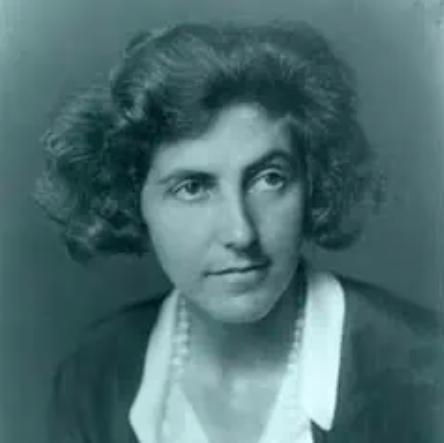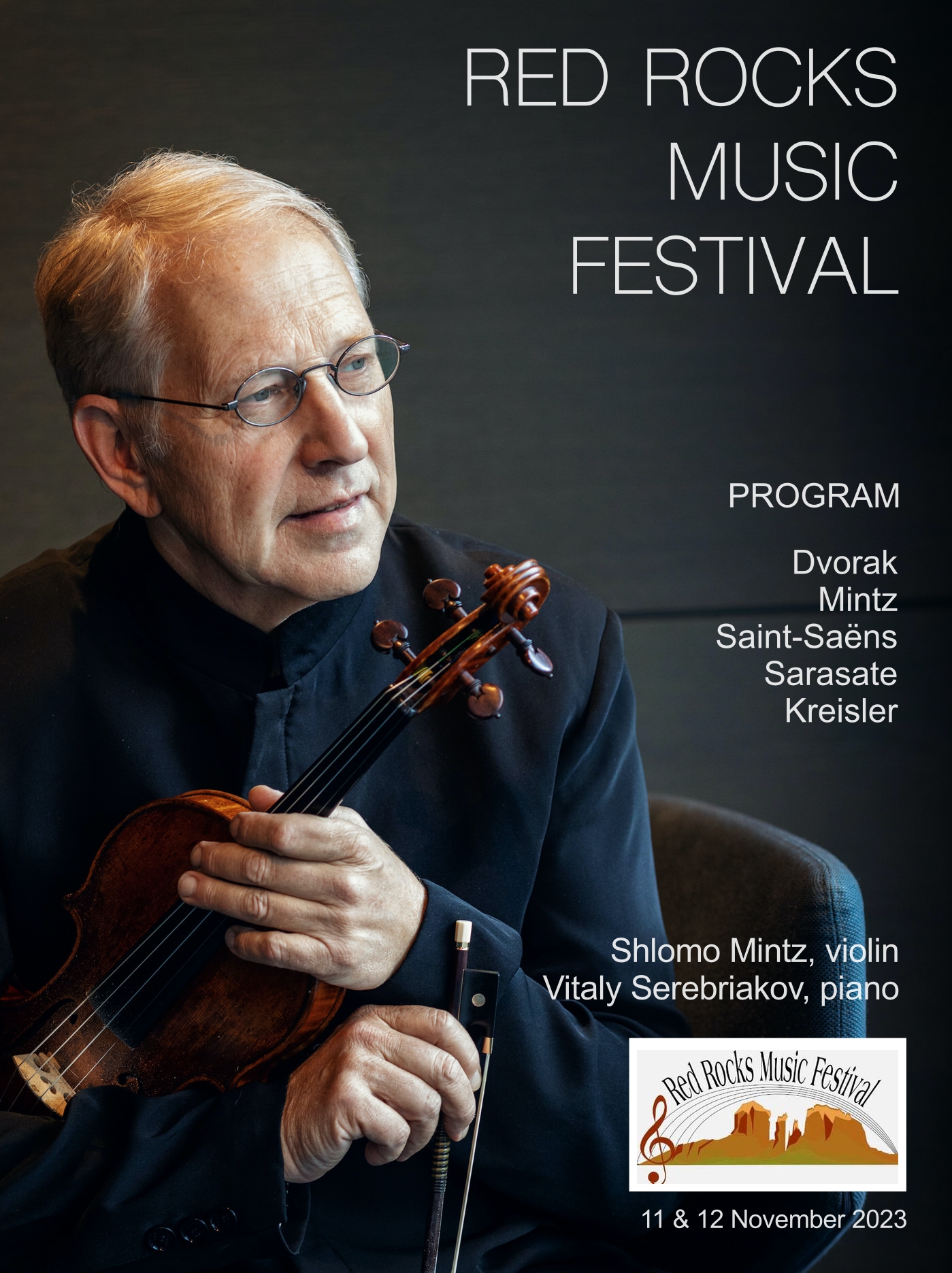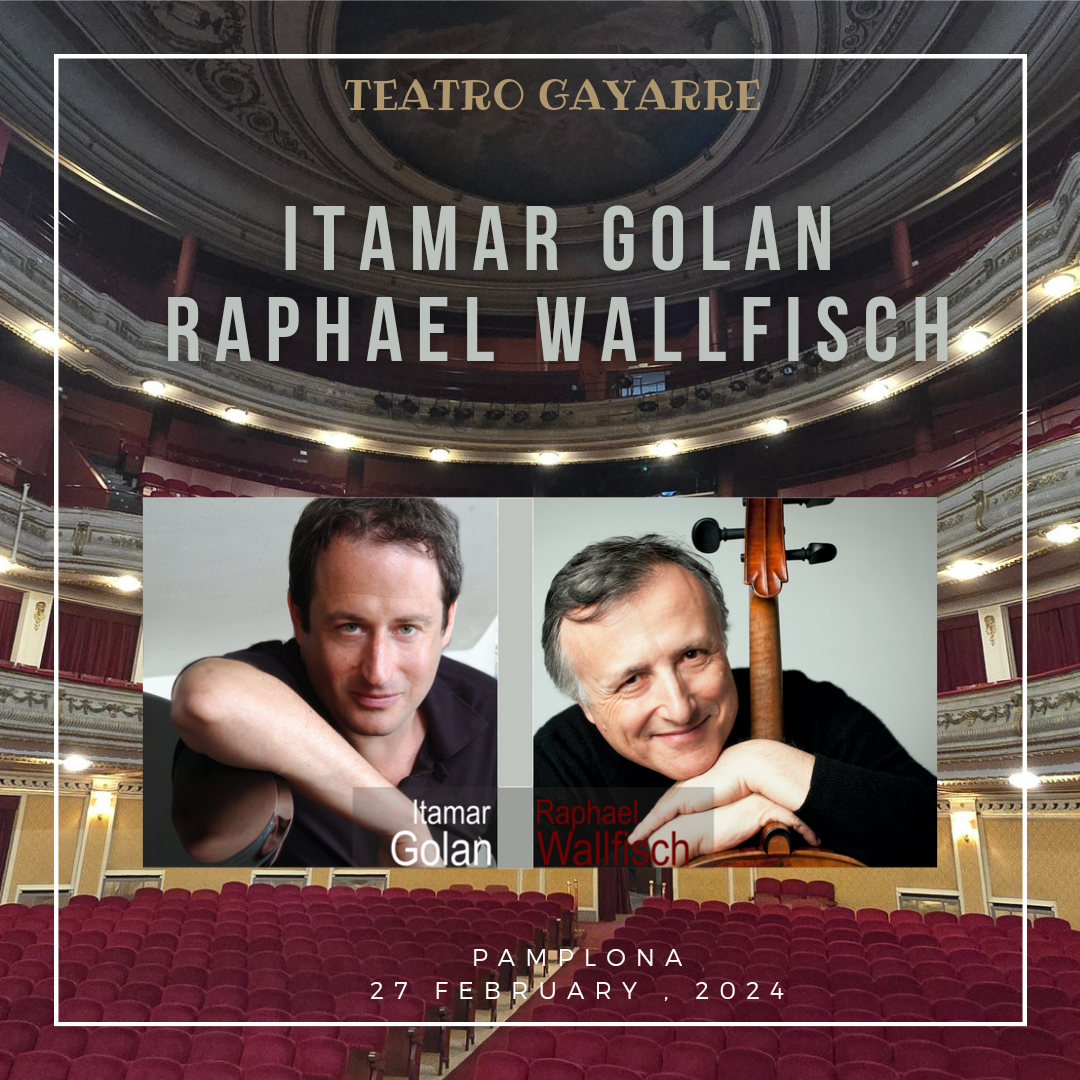Raphael Wallfisch, Ed Spanjaard and the BBC Scottish Symphony Orchestra recording Bosmans’ works for cello
In February, the famous cellist Raphael Wallfisch and the BBC Scottish Symphony Orchestra, with Ed Spanjaard will make a recording of all works for cello by Henriëtte Bosmans.
I am so happy to be recording all of Henriëtte Bosmans’ music for cello. This project forms a part of my survey of cello works by composers that were silenced by the Third Reich. This project, on the CPO label, is entitled “Voices in the Wilderness” and so far includes concerti by ten composers. Henriëtte Bosmans is definitely a voice to be heard!
The cello is a very important instrument for her. Not only was her father a fine player, but also one of the most influential people in her life, Frieda Belinfante, was the dedicatee of the Second cello concerto. The writing for cello in all three concertante works, the sonata for cello and piano, the shorter works with piano and the Nocturne with harp is perfectly idiomatic and shows her deep identification with the cello. I am delighted to bring all these beautiful works together for the first time.
Ed Spanjaard:
As a teenager from Haarlem, I regularly travelled to Donemus, then located in Amsterdam’s Jacob Obrechtstraat. The library and auditorium were like a playground for me: I browsed through all kinds of scores and was allowed to listen to as many old tape recordings as much as I wanted. Sometimes, I copied things onto a cassette tape. One of my first finds was Henriëtte Bosmans’ Concertino for piano and orchestra, in which she played the solo part herself: What a zest, personal color and playful rhythm!
The TV documentary about her from the 1980s made a deep impression because of the testimonies of friends, such as 90-year-old Paul Sanders – living in New York – who heard songs by Bosmans for the first time and was amazed and moved by the great quality of the music and the expression Noémie Perugia managed to put into it.
Raphael Wallfisch is an incredibly amiable and enthusiastic musician who has performed all the major cello works. Yet, aside from teaching, his great passion lies in (re-)discovering composers and works that have been understudied for too long, such as Goldschmidt, Weinberg, Ben-Haim, Weigl, and Castelnuovo-Tedesco. In this list, Henriëtte Bosmans deserves an honorable place as a Dutch woman. I am proud to participate in this project as a conductor and pianist!
Frits Zwart
The Stichting Nederlands Muziek Instituut is happy to contribute to these recordings which enrich the catalogue of Dutch music heritage. It is of real importance to become acquainted with the beautiful music of this eminent Jewish female composer. Moreover the music demonstrates how she enriched the cello repertoire. For too long, Henriëtte Bosmans’ music has not received the international recognition it deserves.
Davo van Peursen:
With many thanks to the Leo Smit Stichting and the Rudi Martinus van Dijk Foundation, all these impressive works for cello are published as new editions. The series of Forbidden Music Regained is finding its way to many professionals.
Source: DONEMUS




